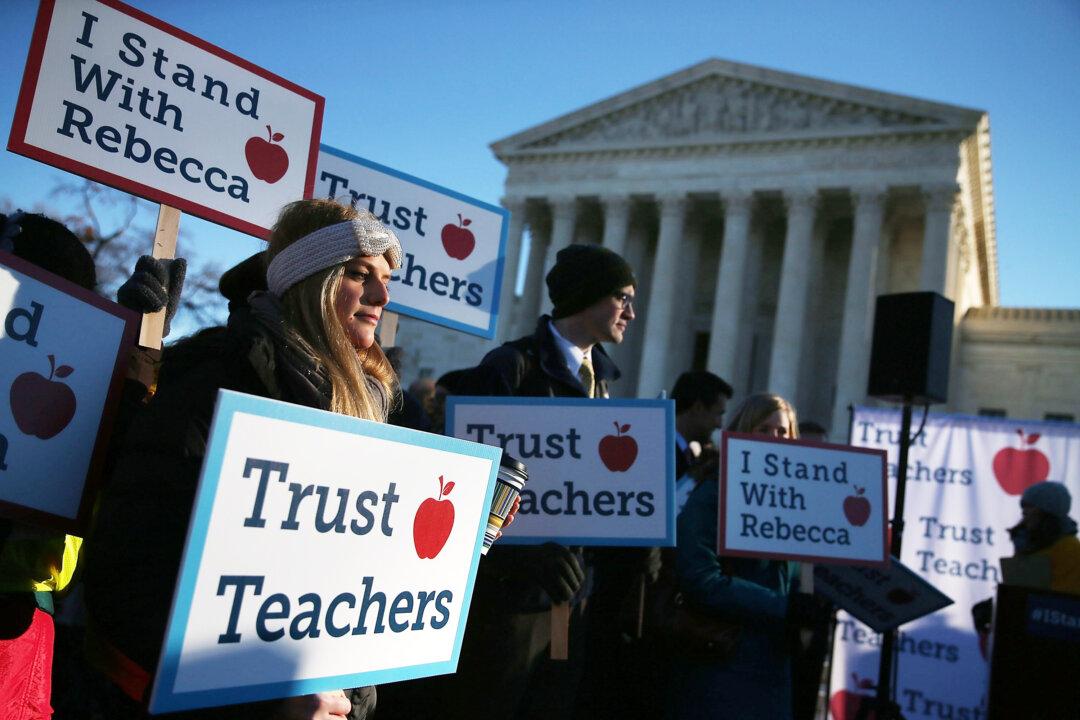While most Americans favor freedom of speech, there is some support among likely voters for banning speech that’s deemed to be offensive, according to a recent survey conducted by The Heartland Institute and Rasmussen Reports.
When asked whether speech that a majority of Americans think is offensive, including speech considered to be racist or sexist, should be banned, 50 percent of respondents answered no, while 27 percent said yes. Another 24 percent weren’t sure. In the 18– to 39-year-old age group, 37 percent said that such speech should be banned. Among government employees, the number was even higher, with 42 percent answering yes.




